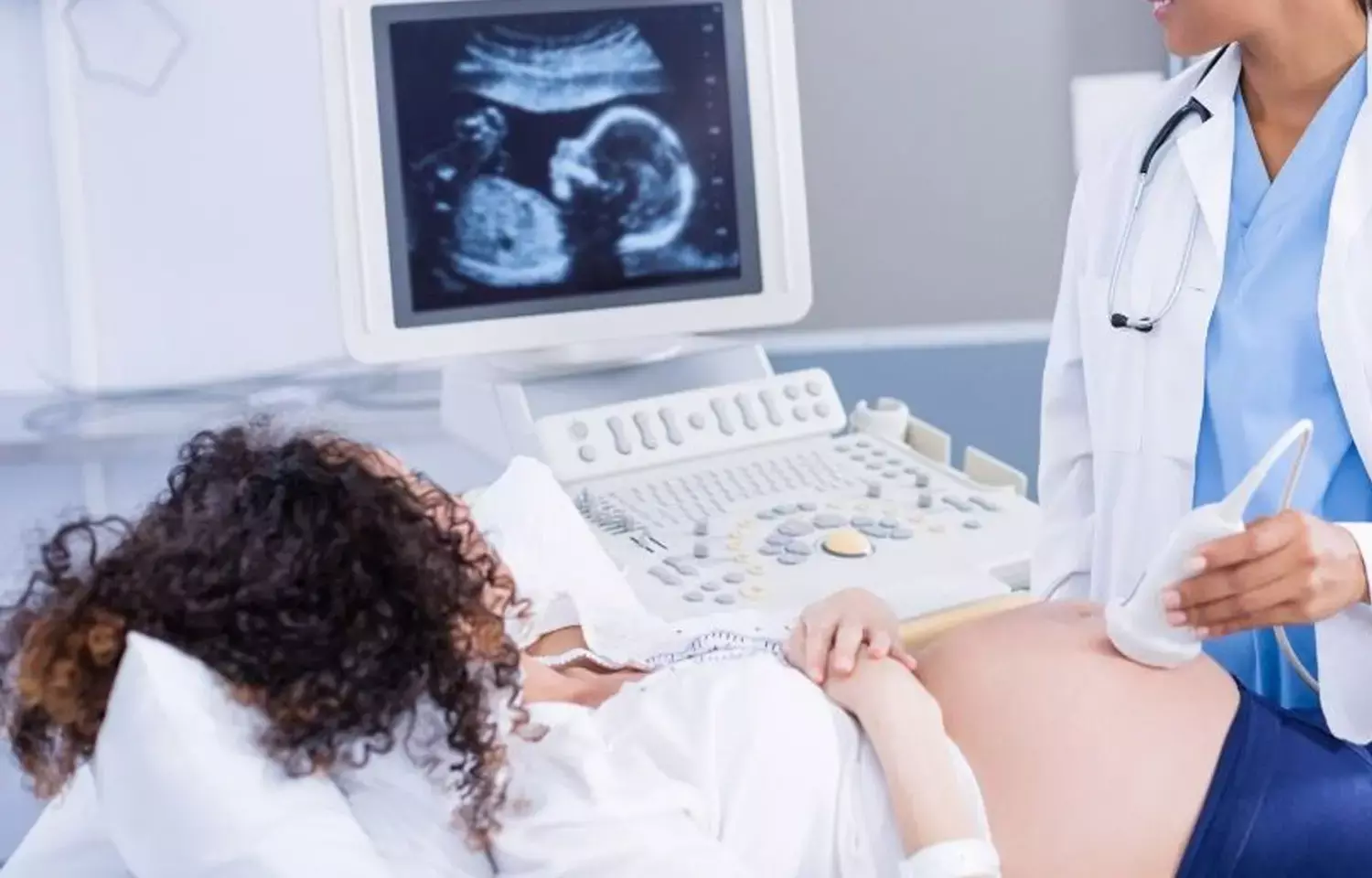- Home
- Medical news & Guidelines
- Anesthesiology
- Cardiology and CTVS
- Critical Care
- Dentistry
- Dermatology
- Diabetes and Endocrinology
- ENT
- Gastroenterology
- Medicine
- Nephrology
- Neurology
- Obstretics-Gynaecology
- Oncology
- Ophthalmology
- Orthopaedics
- Pediatrics-Neonatology
- Psychiatry
- Pulmonology
- Radiology
- Surgery
- Urology
- Laboratory Medicine
- Diet
- Nursing
- Paramedical
- Physiotherapy
- Health news
- Fact Check
- Bone Health Fact Check
- Brain Health Fact Check
- Cancer Related Fact Check
- Child Care Fact Check
- Dental and oral health fact check
- Diabetes and metabolic health fact check
- Diet and Nutrition Fact Check
- Eye and ENT Care Fact Check
- Fitness fact check
- Gut health fact check
- Heart health fact check
- Kidney health fact check
- Medical education fact check
- Men's health fact check
- Respiratory fact check
- Skin and hair care fact check
- Vaccine and Immunization fact check
- Women's health fact check
- AYUSH
- State News
- Andaman and Nicobar Islands
- Andhra Pradesh
- Arunachal Pradesh
- Assam
- Bihar
- Chandigarh
- Chattisgarh
- Dadra and Nagar Haveli
- Daman and Diu
- Delhi
- Goa
- Gujarat
- Haryana
- Himachal Pradesh
- Jammu & Kashmir
- Jharkhand
- Karnataka
- Kerala
- Ladakh
- Lakshadweep
- Madhya Pradesh
- Maharashtra
- Manipur
- Meghalaya
- Mizoram
- Nagaland
- Odisha
- Puducherry
- Punjab
- Rajasthan
- Sikkim
- Tamil Nadu
- Telangana
- Tripura
- Uttar Pradesh
- Uttrakhand
- West Bengal
- Medical Education
- Industry
Transabdominal ultrasound helpful in vaginal birth for fetuses with reshaped heads: Study

Cairo: Assessing the proximal part of the fetal skull using transabdominal ultrasound can help in examining fetal head descent, according to recent research in the American Journal of Obstetrics & Gynecology. This may assist in vaginal birth for fetuses with reshaped heads.
The study by Rasha Kamel, Department of Obstetrics and Gynecology, Maternal-Fetal Medicine unit, Cairo University Hospitals, and colleagues found transabdominal ultrasound to be feasible and strongly correlated with transperineal ultrasound measurements, especially early in labor.
Determining fetal head descent expressed as fetal head station and engagement is a crucial part of monitoring progression in labor. Assessing engagement is based on the proximal part and assessing fetal head station is based on the distal part of the fetal skull. The fetal head should be engaged and its lower-most part is at or below the level of the ischial spines for assisted vaginal birth.
The true descent of the largest diameter of the skull is reflected by the part of the fetal head above the pelvic inlet. In molded (reshaped) fetal heads, the leading bony part of the skull may be below the ischial spines while the largest diameter of the fetal skull still remains above the pelvic inlet. Therefore, attempting vaginal birth in such a condition might be risky. Therefore, the vaginal or transperineal assessments of the station should be supplemented with a transabdominal examination.
Against the above background, the researchers led by Kamel aimed to investigate the correlation between transabdominal and transperineal assessment of fetal head descent and to study fetal head shape at different labor stages and head positions.
The study included women with term singleton cephalic pregnancies admitted to the labor ward for induction of labor or in spontaneous labor at Cairo University Hospital and Oslo University hospital from December 2019 to December 2020. Using the transabdominal ultrasound, the researchers assessed fetal head descent.
Measurements with the transperineally assessed angle of progression (AoP) were compared, and inter-observer agreement was investigated. The part of the fetal head above and below the symphysis pubis was also measured at different labor stages.
The study population comprised 123 women, of whom 15% were examined before induction of labor, 7% in the latent phase, 52 42% in the active first stage, and 36% in the second stage.
The researchers found the following:
- The suprapubic descent angle (SDA) and the angle of progression (AoP) could be measured in all cases.
- The correlation between the transabdominal and transperineal measurements was -0.90.
- Inter-observer agreement was examined in 30 women and the intra-class correlation coefficient was 0.98.
- The limits of agreement were from -9.5 to 7.8 degrees.
- The fetal head was more elongated in occiput posterior position than in non-occiput posterior positions in the second stage of labor.
"We present a novel method of examining fetal head descent by assessing the proximal part of the fetal skull with transabdominal ultrasound," wrote the authors.
"The correlation with transperineal ultrasound measurements was strong, especially early in labor. The fetal head was elongated in OP positions during the second stage of labor," they concluded.
Reference:
The study titled, "Fetal head descent assessed by transabdominal ultrasound; a prospective observational study," is published in the American Journal of Obstetrics & Gynecology.
DOI: https://www.ajog.org/article/S0002-9378(21)00868-1/fulltext
Dr Kamal Kant Kohli-MBBS, DTCD- a chest specialist with more than 30 years of practice and a flair for writing clinical articles, Dr Kamal Kant Kohli joined Medical Dialogues as a Chief Editor of Medical News. Besides writing articles, as an editor, he proofreads and verifies all the medical content published on Medical Dialogues including those coming from journals, studies,medical conferences,guidelines etc. Email: drkohli@medicaldialogues.in. Contact no. 011-43720751


